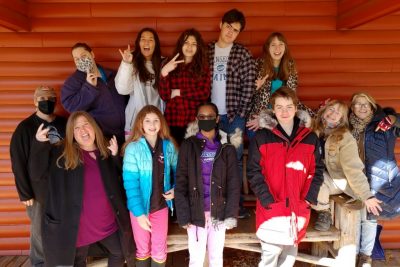The 2024 UConn 4-H Horse Academic Contests will be held in January and April of 2024.
This Packet Contains:
- Rules for Horsebowl (Quizbowl) at all 3 levels
- Rules for Horse Judging at all 3 levels
- Deadlines for entry
- Eligibility requirements
- Entry fees, forms and information
Senior Contest Kentucky Event Eligibility Information
- Horsebowl – At this time we do not have a Horsebowl State Coach – so the Horsebowl is not eligible for New England Contest or Eastern National 4-H Roundup participation.
- Horse Judging Contest – members who have an average score of 38, (across all judging classes and reasons) and want to participate will be considered for the team. With preference given to the highest average scores. (All classes and reasons scores will be added together and then divided by the total classes judges and reasons sets to determine average scores.) State 4-H Horse Judging Coach will determine practice schedule, and events that will be participated in.
Contest Dates and Deadlines for Registration
Horsebowl – January 27, MX County Ext Center, Check in 9:30 AM – Deadline for Entry –January 6
Horse Judging – April 27, 2024, Storrs Campus, Check in 8:30 AM – Deadline for Entry has been extended to March 20th
